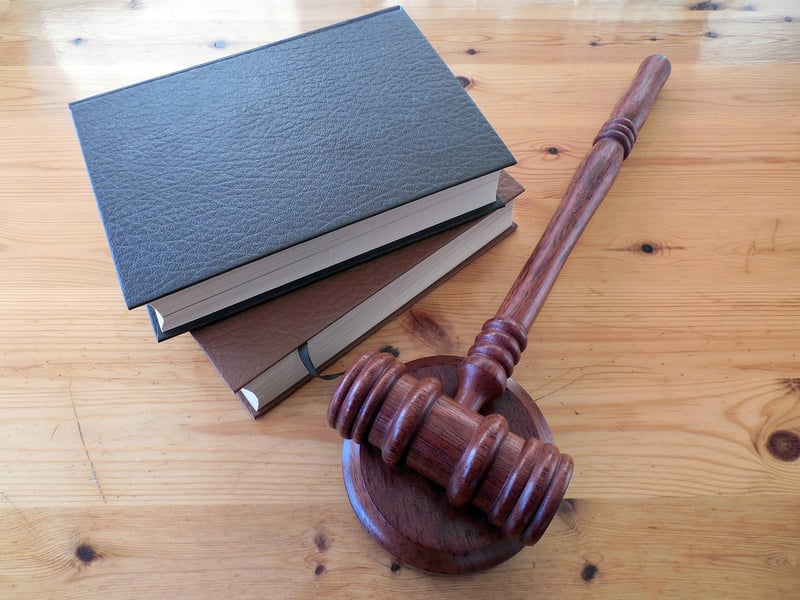Time-travel Laws
The Ethics of Time Travel and Laws Governing Temporal Journeys
Time travel has long captured the imagination of humanity, sparking numerous ethical dilemmas and legal conundrums. As we delve into the realm of time manipulation, it becomes imperative to consider the moral implications of altering the past, present, and future.
Ethical Considerations
One of the primary ethical concerns associated with time travel is the idea of altering history. The butterfly effect, a concept popularized by chaos theory, suggests that even the smallest change in the past can have significant and unforeseen consequences in the future. This raises questions about the responsibility of time travelers and the potential harm their actions may cause.
Furthermore, issues of personal gain and manipulation come into play. Should individuals use time travel for personal benefit, such as amassing wealth or influencing outcomes to their advantage? The ethical implications of such actions are profound and require careful reflection.
Time-Travel Laws
Given the complexities and dangers inherent in time travel, fictional narratives and philosophical discussions often explore the notion of time-travel laws. These hypothetical regulations aim to govern the use of time machines and prevent catastrophic alterations to the timeline.
Key Provisions of Time-Travel Laws:
- Non-Interference Principle: Time travelers should avoid altering significant historical events or directly interfering with the course of history.
- Temporal Prime Directive: Similar to the Prime Directive in Star Trek, this principle emphasizes non-interference with less developed civilizations to prevent unintended consequences.
- Temporal Agency Oversight: Establishing organizations or agencies to monitor and regulate time-travel activities, ensuring compliance with temporal laws.
- Temporal Tourism Regulations: Guidelines governing recreational time travel to prevent exploitation of historical events for entertainment purposes.
While these laws exist primarily in the realm of fiction and theoretical discussions, they serve as a thought-provoking framework for contemplating the ethical and legal implications of time travel.

In conclusion, the ethics of time travel and the laws governing temporal journeys raise profound questions about human nature, responsibility, and the impact of our actions across time. As we continue to ponder the possibilities of traversing the temporal landscape, it is essential to approach these concepts with caution, respect, and a deep appreciation for the interconnectedness of past, present, and future.
